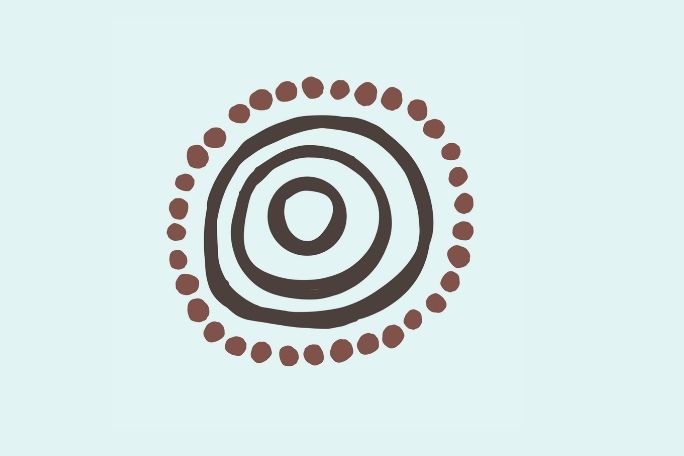Lesson summary
Children understand that water can be fun to play with. Children recognise that Aboriginal and Torres Strait Islander kids play games with water.
This activity forms part of the Caring For Country: Introductory Lessons and Themed Activities. It is recommended that you complete the Introductory Tuning in Lessons in this unit before sharing the Themed Activities with children.
Lesson guides and printables
Lesson details
Curriculum mapping
Learning Outcome 1: Children have a strong sense of identity
1.4 Children learn to interact in relation to others with care, empathy and respect
Learning Outcome 2: Children are connected with and contribute to their world
2.2 Children respond to diversity with respect
Learning Outcome 4: Children are confident and involved learners
4.1 Children develop a growth mindset and learning dispositions such as curiosity, cooperation, confidence, creativity, commitment, enthusiasm, persistence, imagination and reflexivity
4.4 Children resource their own learning through connecting with people, place, technologies and natural and processed materials
Resources required
- clear plastic bottle half-filled with water
- other materials depending on the activity:
- waterdrop – Two buckets of water, tape to mark a line, a plastic cup, space in the yard
- taste test – Plastic cup for each child, three or four jugs of water, fruit/veg/herbs to flavour water (for example strawberries, slices of orange, or cucumber, or mint, considering any allergies children might have. You could also create one with a bush tucker flavour if you have access to native bush tucker plants).
- Yiri – A bucket or tub of water, objects made from different materials that you are happy getting wet (such as sticks, leaves, stones, shells, toys, cutlery etc.)
Additional info
This is an original Cool+ activity.
This activity is designed to give you an understanding of how to embed Aboriginal and Torres Strait Islander perspectives into activities at your centre and to help you build your confidence in exploring this topic with children and families.


Welcome back!
Don't have an account yet?
Log in with:
By signing up to Cool.org you consent and agree to Cool's privacy policy to
store, manage and process your personal information. To read more, please see
our privacy policy here(Opens in new tab).
Create your free Cool.org account.
Many of our resources are free, with an option to upgrade to Cool+ for premium content.
Already have an account?
Sign up with:
By signing up to Cool.org you consent and agree to Cool's privacy policy to
store, manage and process your personal information. To read more, please see
our privacy policy here(Opens in new tab).